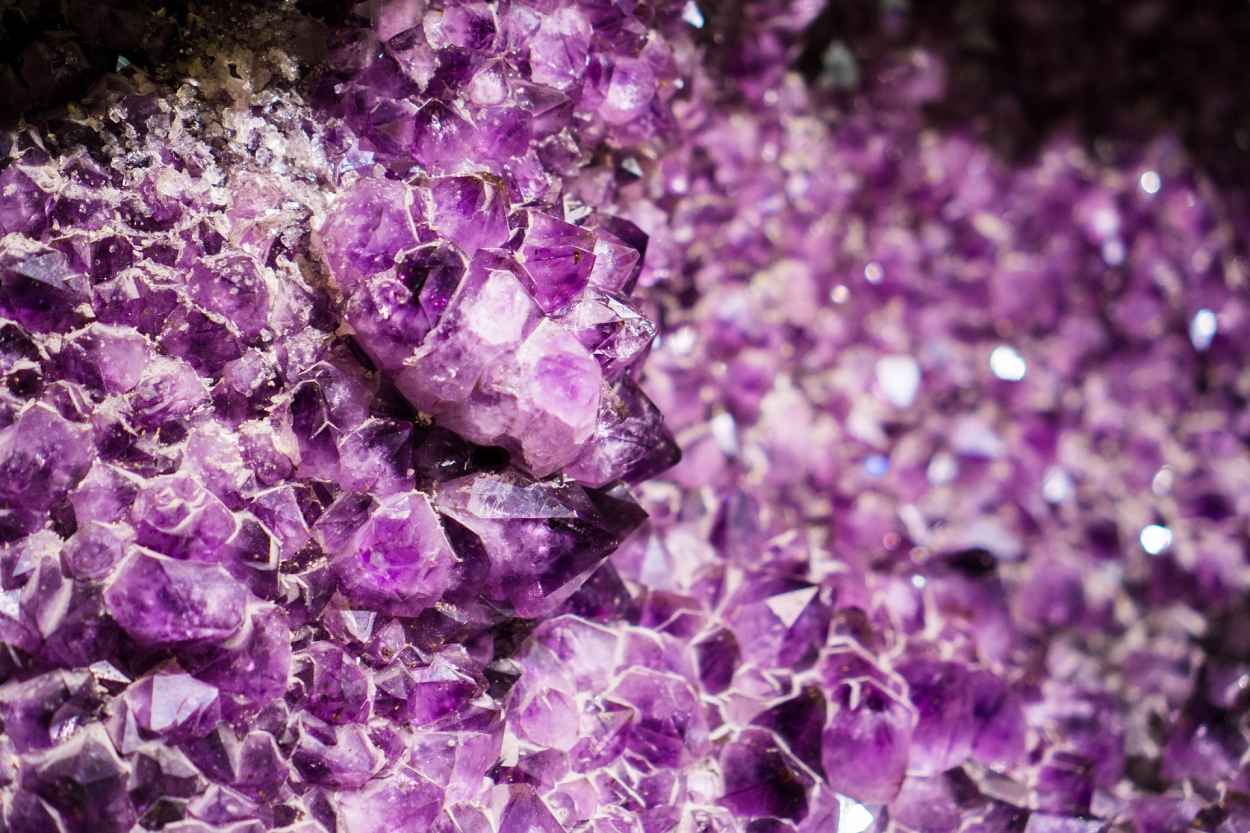Nature-like technologies and saving the Earth: A new master's programme “Structural Mineralogy and Materials Science”

The development of innovative nature-like technologies is one of the priorities of the science and technology development of Russia. If, several decades ago, scientists strived to copy the systems of living nature, now their aim is to reproduce them completely – this is the key change in the modern scientific paradigm
Mineralogy and materials science are considered one of the most promising areas for the development and application of nature-like technologies. They make it possible to create new substances and materials, including nanomaterials, on the basis of existing objects. It is also possible to design compounds with specified properties that have no counterparts in nature. Their practical application can solve such a global problem as the destruction of Earth resources. This is especially important for Russia, which has a considerable portion of the global mineral wealth.
The new master’s program in Structural Mineralogy and Materials Science is especially designed to train such specialists. This programme is unique in Russia. The originator of its creation was Corresponding Member of the Russian Academy of Sciences, Professor Sergey Krivovichev. He is a famous scientist in structural mineralogy and inorganic chemistry, Chairman of the Federal Research Centre "Kola Science Centre of the Russian Academy of Sciences" and Head of the Department of Crystallography, St Petersburg University.
The programme is unique in that it is interdisciplinary and is based on the innovative developments of scientists of St Petersburg University in mineralogy, crystallography, crystal chemistry of materials and related disciplines. These works have become widely known both in Russia and abroad. The majority of teaching staff are young promising researchers, who have considerable experience in carrying out interdisciplinary work in the appropriate field.
Sergey Krivovichev, Head of the Programme
The programme combines geological, chemical, physical, and biological disciplines. It is able to provide the graduate with the knowledge necessary to obtain breakthrough results. While learning, students master modern methods of synthesis and research of matter. They also master the skills to work on the advanced analytical equipment of the resource centres of the Research Park of St Petersburg University. In addition, the programme contains alternative trajectories with more in-depth theoretical foundations and a large number of laboratory classes. Special attention is paid to research work, which continues throughout the training period. It is conducted under the guidance of leading scientists, who are often from other Russian institutions and also foreign institutions.
Research practices and internships in the form of field research are provided in various regions of Russia and the world. Laboratory training is carried out in leading institutions including: the Kola Science Centre of the Russian Academy of Sciences; the Institute of Silicate Chemistry, the Russian Academy of Sciences; the State Atomic Energy Corporation ROSATOM; and many others. In addition, internships are possible at European and American universities, such as the University of Notre Dame (the USA), Max Planck Institute (Germany), and the University of Lille (France).
All this ensures the training of specialists who will be able to deal with a variety of issues related to the development of nature-like technologies. Professional activities of graduates can develop in academic and industry organisations related to the study of crystalline substances. They can also be in private enterprises and companies that are engaged in the production of materials of various types – from nanotechnology to cement products.

